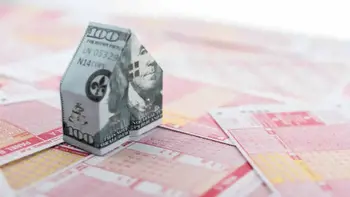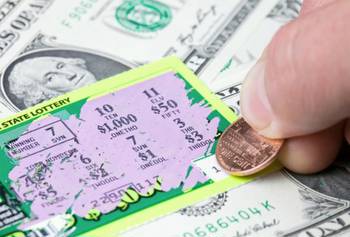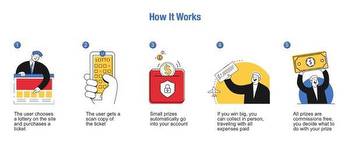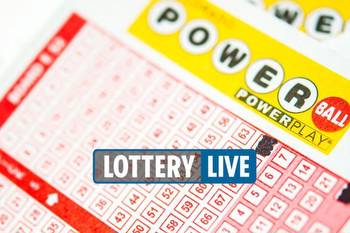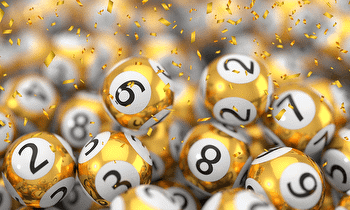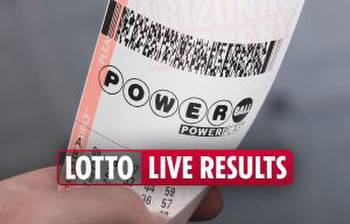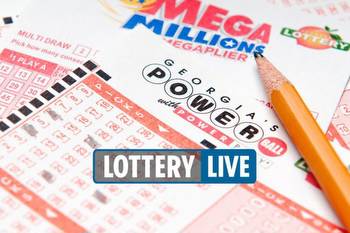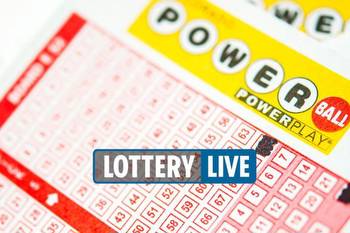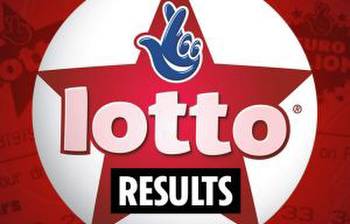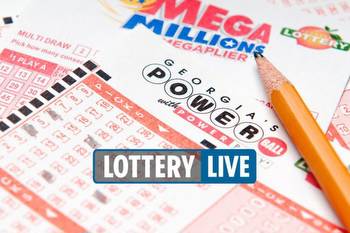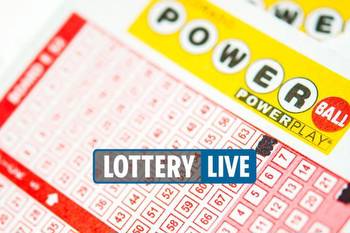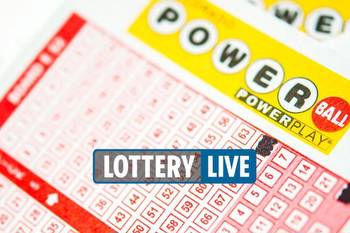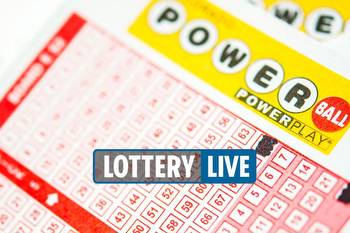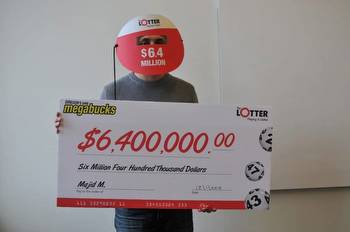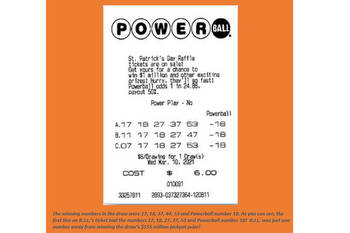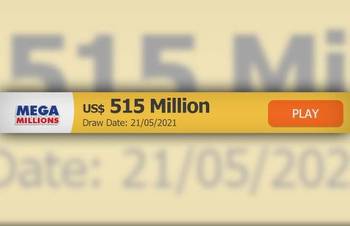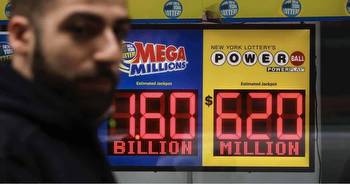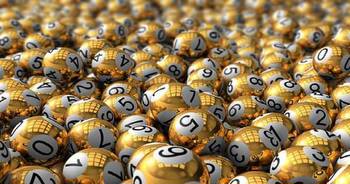5 Secrets About Playing the Lottery, Experts Say

Of all the lofty goals in the world, the one that almost everyone shares is winning the lottery. Unlike gambling in a casino, the thrill of playing your numbers for the chance at a huge jackpot can attract national attention. And it's not just when there's a lot of money on the table: One in four people play the lottery at least once a month, according to Play Pennsylvania. But despite how popular it may be, there's more to the big game than knowing your lucky numbers. Read on to learn the biggest secrets about playing the lottery, according to experts.
Even if people buy into the lottery with plenty of hope they'll win, most people understand that the odds of actually striking it rich with the jackpot are slim to none. But experts say it can be essential to remember that when you look into your likelihood of winning.ae0fcc31ae342fd3a1346ebb1f342fcb
"Keep in mind that odds listed by lotteries can be misleading," says Ed Wighton, in-house expert and editor-in-chief for Lottery America. "For example, many lotteries will advertise that players have a one in 38 chance of winning. What many don't realize is that these prizes may only just cover the cost of the ticket, with the Powerball minimum prize of $4 being offered at the same odds!"
There's no shortage of scams lately that prey upon people using everything from fake package alerts to phony subscription warnings. But experts warn that crooks can also use the enticing prospect of an unclaimed jackpot to lure in victims.
"One common scam sees unsuspecting people receiving notification that they have won a lot of money in a contest that they don't remember entering. The notice may come in the mail or over the phone and ask for bank details and personal information to be provided in order to claim the prize," says lottery expertNiklas Schrainer.
"This is the first sign that a scam is underway. Official lottery sellers will never reach out to potential winners and require claimants to make first contact when requesting a win," he explains.
It's hard not to get starry-eyed at the prospect of becoming an instant billionaire with a gigantic lottery win. And with the recent string of big jackpots, the idea can be even more enticing. But experts caution that just because an enormous amount is making headlines doesn't mean you'll collect the whole purse.
"First, the lottery organizer—be it state or private—will take a piece of the total amount of bets for themselves," lottery expertJessica Whitehouse tells Best Life. "Generally… it's about 50 percent of the total amount of bets they take for their own profit and to cover for the costs like staff, betting terminals, a percentage for the affiliated shops, and promotion of the lottery."
"The rest will be divided amongst the players," she says. "In some countries, there's even an added tax for big winners—which is plain ridiculous, unless you would also be able to deduct the cost of playing the lottery. So, unless the jackpot or reward for partial matches is higher than your risk, the lottery is clearly a 'negative expectancy' game."
Playing the lottery is genuinely a global tradition. According to the North American Association of State and Provincial Lotteries, there are more than 100 state-run lotteries around the world, as well as 45 U.S. states and every Canadian province. But when it comes to the biggest prizes, anyone playing stateside is more likely to see blockbuster payouts.
"Players in the United States will be happy to know that the top 10 jackpots of all time come from national American lottery games," says Wighton. "Huge prizes have been won in the past, even going on to make one lucky woman from South Carolina a billionaire in 2018!"
However, having more players going for the big prize can also dilute the winnings. "If these jackpot wins look infrequent to you, it is because it is quite difficult for the jackpot to build to such a large prize without being claimed earlier on," Wighton explains. "As prizes are awarded for smaller combinations of lotto winning numbers, there will always be winners after every draw."
For many people, each lottery play involves rubbing a lucky charm, playing special numbers, or just sitting back and crossing your fingers for a favorable draw. But ultimately, experts say these superstitions are basically the limits of improving your odds.
"The secret is to know that there is no secret," says Whitehouse. "You do not increase your chances of winning by buying tickets on a certain day or at a certain time or from a certain store. A properly run lottery is completely random."
"You cannot predict the numbers based on previous draws since the draw machine or the balls have no 'memory,'" she explains. "Any form of historical analysis of the winnings is worthless."









